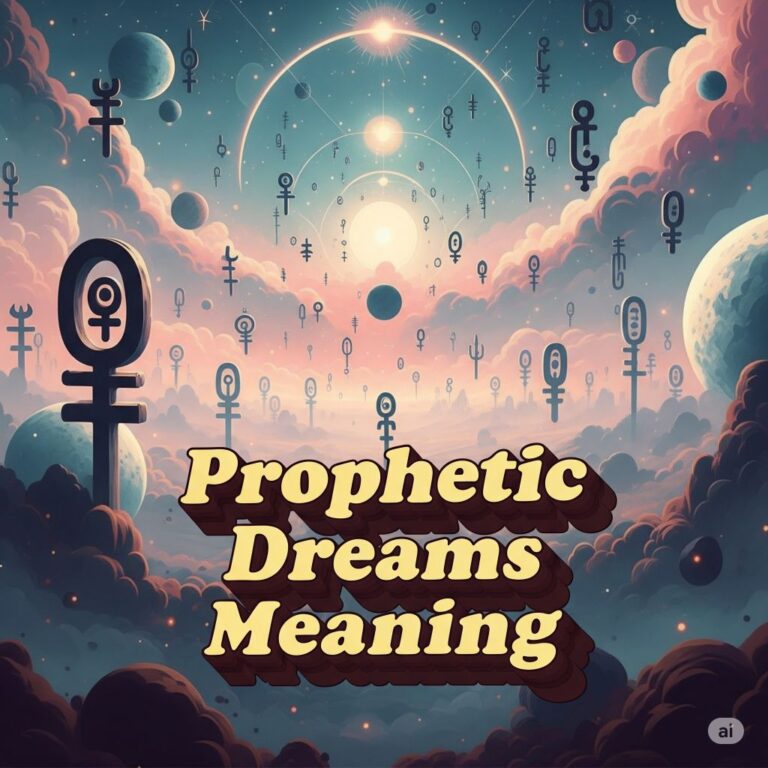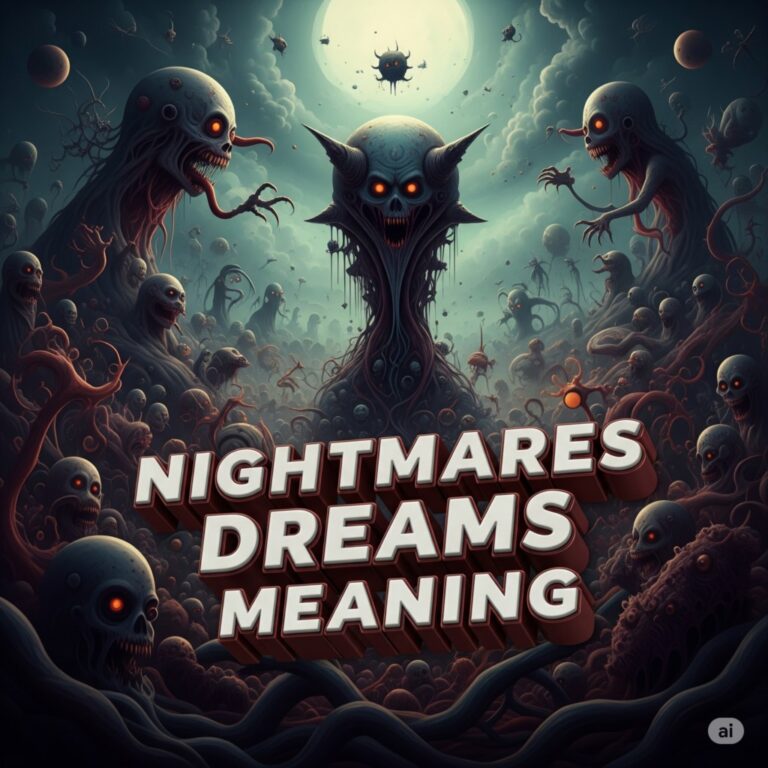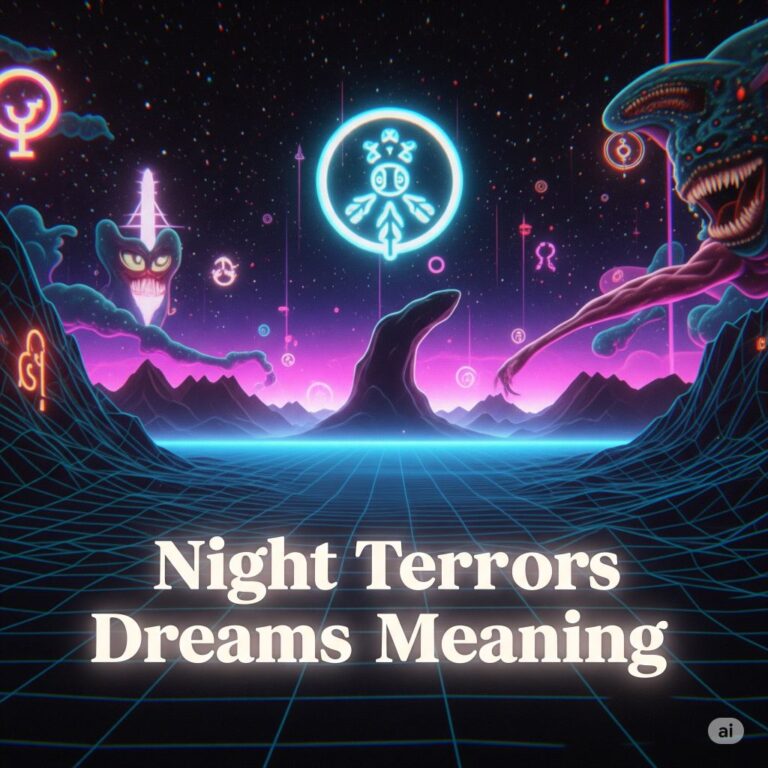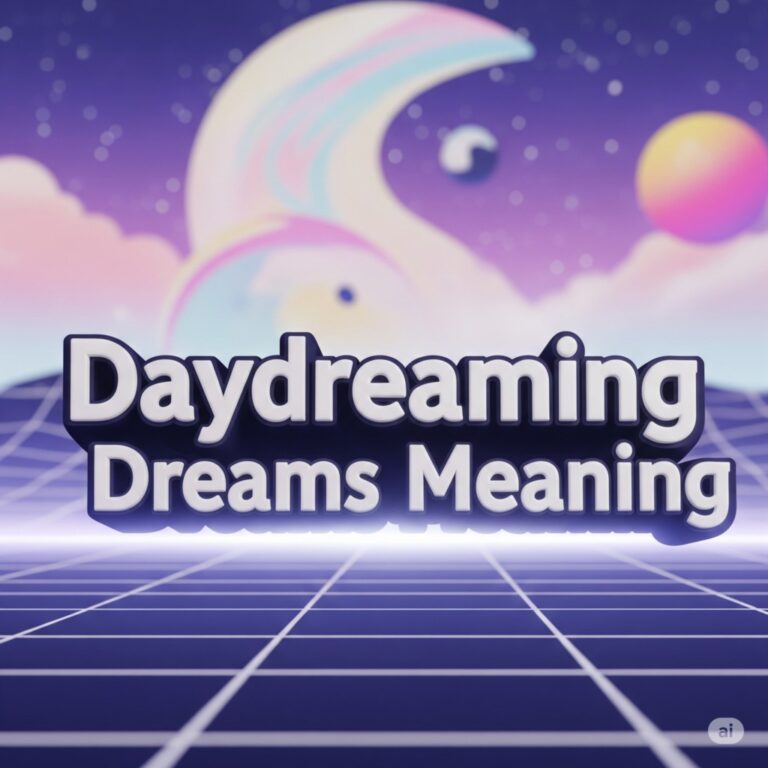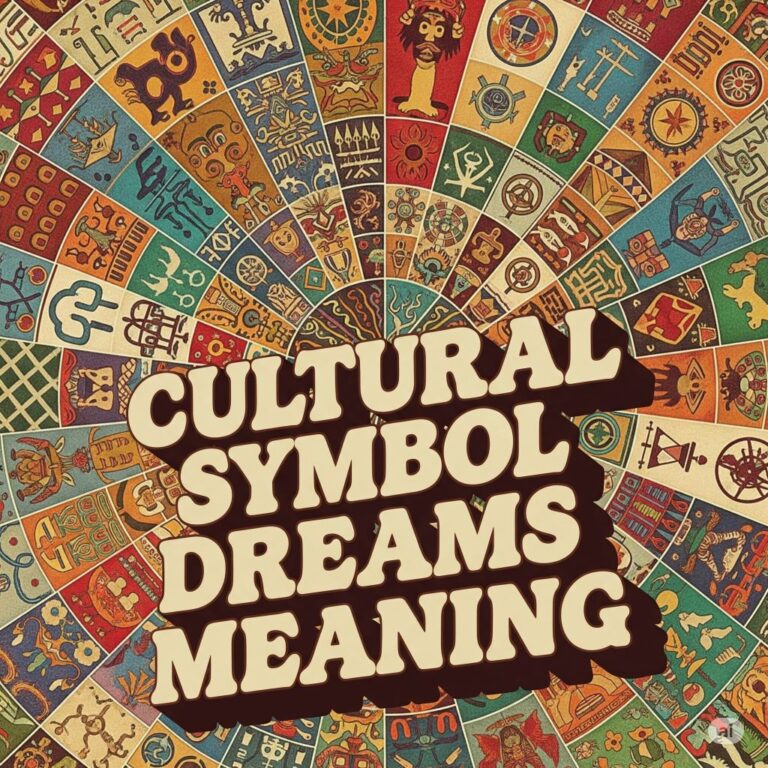
Most people are familiar with the puzzling sensation of déjà vu—the feeling that you’ve already experienced the present moment. When it occurs in the context of dreams, it can be even more mysterious: You suddenly recognize a situation, conversation, or place in waking life as something you distinctly recall dreaming about. These are known as déjà vu dreams.
Are they glimpses of the future? Evidence of an extraordinary memory? A neurological glitch, or a message from the subconscious? This article explores all aspects of déjà vu dreams—their definition, causes, symbolism, and how they’ve been interpreted through history, science, and spirituality.
What Are Déjà Vu Dreams?
In the realm of dreaming, déjà vu dreams can refer to two related phenomena:
- Recognizing a waking-life event as something you’ve dreamt before—for instance, visiting a new place and knowing you’ve seen it in a dream.
- Experiencing in a dream a repetition of previous dreams or waking experiences, fostering a sense of strange familiarity.
The phrase “dreams coming true” often revolves around déjà vu—when a dream or part of a dream appears to play out in reality days, weeks, or even years later.
The Experience of Déjà Vu Dreams
Common features include:
- Strong sense of familiarity: A place, person, or situation in waking life matches a forgotten or remembered dream.
- Vividness and emotional charge: The moment feels more meaningful or out-of-the-ordinary.
- Fragmentary recollection: Sometimes, only partial details are recalled, or the source (dream vs memory) feels fuzzy.
- Occasionally prophetic: Some believe déjà vu dreams foretell future events, though most occurrences are coincidental or based on memory quirks.
Psychological and Neurological Explanations
1. Memory Processing and the Brain
Researchers suggest several cognitive and neurological explanations for déjà vu dreams:
- Memory overlap: Dreams often blend fragments of daily experience, fears, desires, or completely fictional elements. When a similar scenario occurs in real life, it may activate the same neural pathways, creating a sense of familiarity.
- Misattribution: The brain sometimes incorrectly tags a new experience as a memory because it’s similar to something imagined in a dream or thought previously.
- Recognition circuits: The medial temporal lobe (especially the hippocampus) governs recognition and memory formation; heightened activity here may trigger déjà vu.
2. Dreams as Simulation
Dream theorists note that dreams function as tests or simulations—rehearsing possible scenarios. When waking life aligns with these simulations, the match can trigger déjà vu.
3. Sleep and Encoding Errors
During sleep, especially in REM, the brain encodes and consolidates memories. Mistakes during this process can later create confusion between dreams and reality, producing a sense of déjà vu.
Spiritual, Paranormal, and Symbolic Interpretations
1. Precognitive Dreams
Throughout history, some cultures and many individuals interpret déjà vu dreams as literal previews of the future. Ancient Greeks, mystics, and psychics have described dreams that seem to “prophesy” reality, lending a mystical aura to déjà vu moments.
2. Messages from the Subconscious
Carl Jung and other depth psychologists viewed dreams as a language of the unconscious. When déjà vu occurs, it may signal a significant event, turning point, or lesson the subconscious wants the dreamer to notice.
3. Soul or Past-Life Memory
Certain spiritual beliefs hold that déjà vu reflects past life memories or a deeper “soul knowing,” especially if it concerns people or places never consciously encountered.
4. Synchronicity
Jung’s concept of synchronicity—meaningful coincidences—can apply to déjà vu dreams. The matching of dream and waking reality may carry a message or lesson, urging the dreamer to pay close attention.
Common Types of Déjà Vu Dreams
| Type | Description | Possible Interpretation |
|---|---|---|
| Event-based | Dreaming of something that later seems to occur | Subconscious pattern recognition, or chance |
| Place-based | Visiting a new place and feeling you’ve dreamed of it before | Unconscious blend of memories, intuition |
| Person-based | Meeting someone new with a sense you “know” them from a dream | Archetypal projection, or emotional resonance |
| Decision-based | Facing choices/happenings that echo previous dream scenarios | Brain rehearsing outcomes, learning |
Cultural and Historical Perspectives
- Ancient Greeks/Romans: Déjà vu dreams were sometimes considered divinatory messages from the gods or expressions of the soul’s journey.
- Indigenous traditions: Some languages have specific words for dreams or waking moments that feel “remembered”—an indication of ancestral wisdom, spiritual paths, or warnings.
- Western mysticism: Many psychics link déjà vu to ESP (extra-sensory perception) or “dream telepathy.”
- Modern science: Cautions against assuming paranormal causes, generally attributing déjà vu to natural memory phenomena.
Real-Life Examples
Many people report stories such as:
“I walked into a new house on vacation and instantly knew every room layout. I remembered that I had dreamt it a few months earlier—I even knew what was behind the closed doors.”
Or:
“During a conversation, a word-for-word exchange happened that I was sure I had dreamt about in detail weeks before.”
While such claims are common, scientific studies say most are due to the brain’s amazing power to create connections, not necessarily supernatural prophecy.
How to Work With Déjà Vu Dreams
1. Journaling
Keep a dream journal and, when you experience déjà vu, try to identify if you recorded it previously. Sometimes you’ll find surprising links; other times, the memory remains fleeting.
2. Mindful Reflection
Instead of focusing on paranormal explanations immediately, ask:
- Does the dream-deja vu moment highlight something important or synchronistic in your life right now?
- Is your intuition trying to warn or encourage you?
- Are you experiencing lots of stress or change, which can heighten déjà vu and dreaming?
3. Open-Minded Skepticism
Maintain a healthy balance between curiosity and critical thinking. Recognize the brain’s tendency to fill in gaps and the power of subconscious pattern matching.
4. Spiritual/Intuitive Practice
If you feel déjà vu dreams carry messages, use meditation, prayer, or reflection to discern meaning. Many faiths and wisdom traditions see dreams as sacred.
When to Seek Professional Support
Déjà vu dreams are generally harmless and even fascinating. However, if you experience:
- Frequent, distressing, or intensely real déjà vu paired with memory loss/confusion
- Episodes alongside seizures, intense anxiety, or dissociation
…seek evaluation from a medical professional, as these symptoms occasionally relate to neurological conditions.
Conclusion
Déjà vu dreams are a testament to the wonder of the mind—a mysterious intersection of memory, imagination, intuition, and perhaps even the spirit. Whether you view them as a cognitive quirk, a preview of potential futures, or a message from the depths, they can serve as reminders to pay attention, remain open, and explore the subtle ways our inner and outer worlds connect.
Summary of key points:
- Déjà vu dreams are familiar experiences of recognizing waking-life events from dreams.
- Science explains them via memory quirks, brain simulation, and encoding errors.
- Spiritual perspectives view them as possible intuition, prophecy, or soul memory.
- They can be worked with mindfully, and are rarely a cause for concern.

